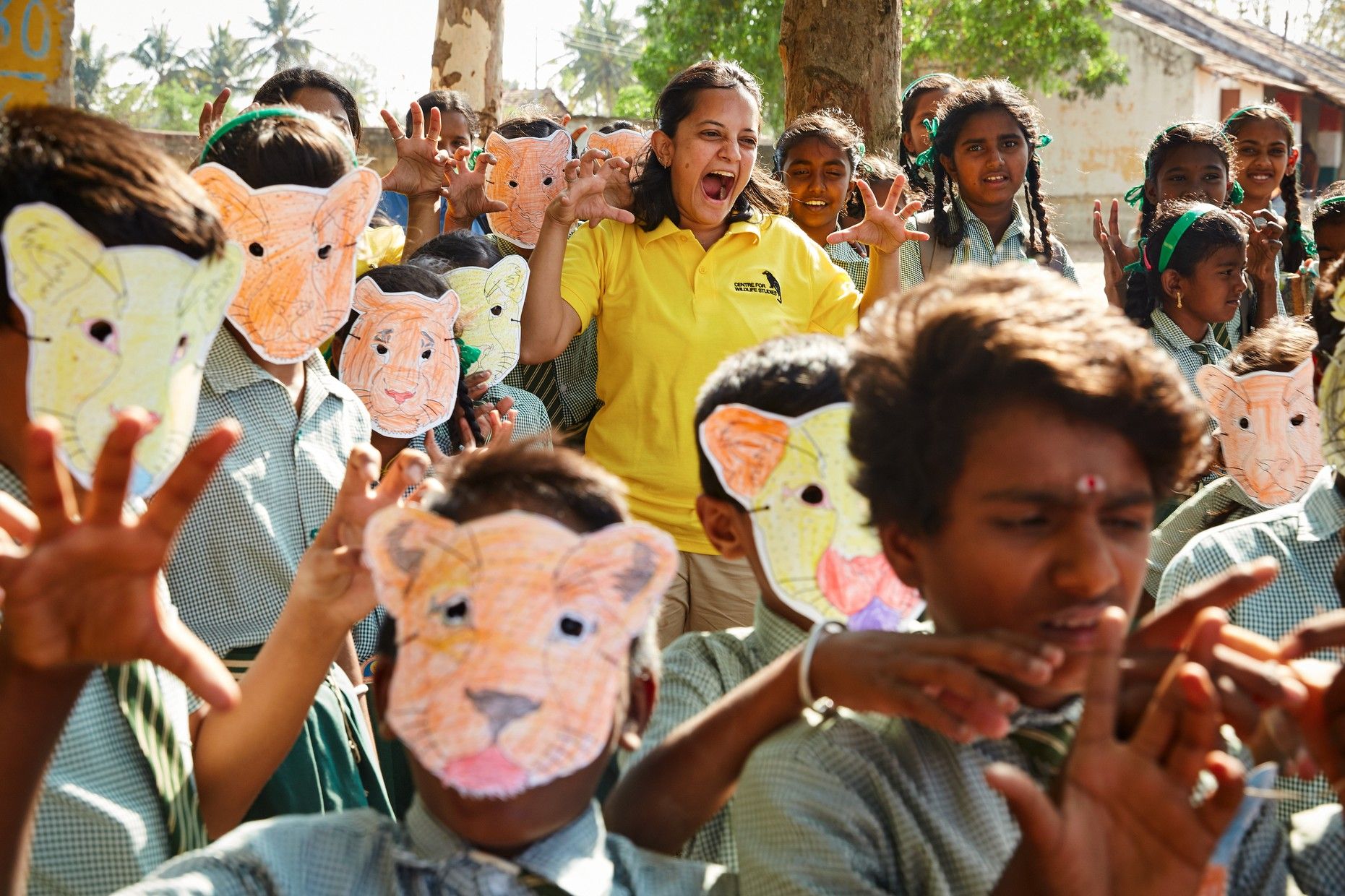Tatler+
The Rolex Awards 2019 laureate, and daughter of a tiger biologist, hopes to reduce wildlife-human conflict in India. Will she succeed?
When I first met Krithi Karanth, it was during the National Geographic Explorers Festival in Washington this June. As part of the vote solicitation process of the Rolex Awards for Enterprise 2019, the Indian scientist and conservationist was presenting her case onstage, championing the need to reduce friction between wildlife and people living near Indian national parks.
The awards is a biennial initiative to support enterprising individuals helming exceptional projects to conserve our cultural heritage and protect the environment. For the first time in the history of the awards, the awards finalists were required to pitch for their projects at the National Geographic Explorers Festival because of Rolex's enhanced partnership with National Geographic Society. The awards and the extended alliance between both organisations, together with the watchmaker's support for marine biologist Sylvia Earle’s Mission Blue project, come together to form the basis of the Rolex Perpetual Planet campaign.
After listening to all 10 finalists, I have to say that they were all impressive in coming up with innovative projects to solve Earth's problems and consequently, doing their bit to save the planet. Their fervent enthusiasm also shone through. But Krithi stood out for me. She was a pocket dynamo—a petite girl speaking so passionately and with much gusto about a cause that is obviously very close to her heart.




